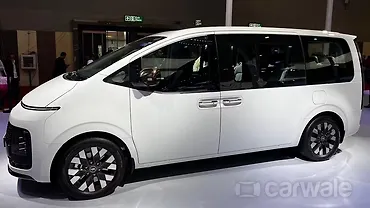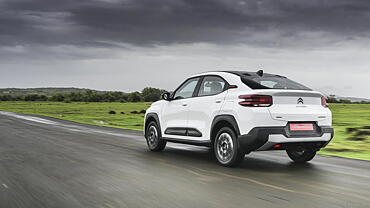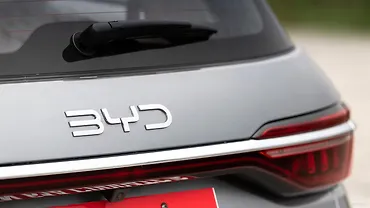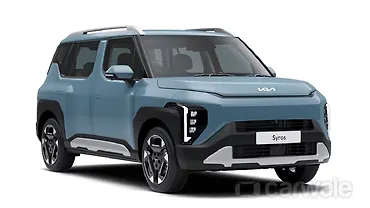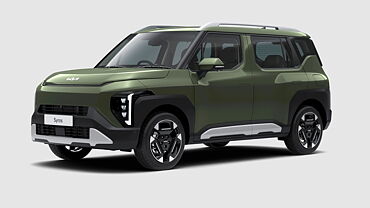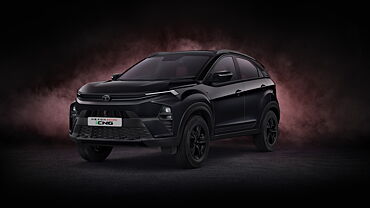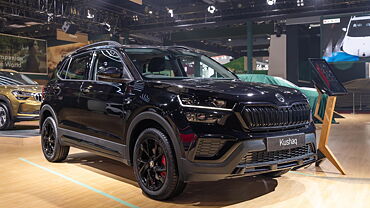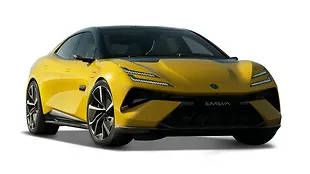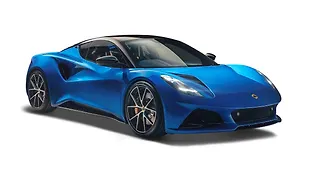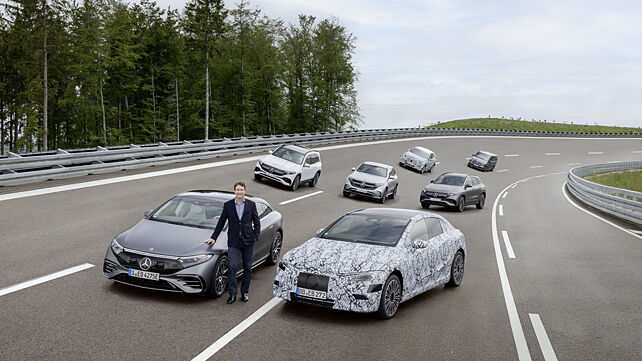
- Plans to set up eight Gigafactories for installation of battery cell capacity of more than 200 Gigawatt hours
- Plans to launch three electric-only architectures by 2025
- Mercedes-Benz acquires YASA, a UK-based electric motor company
Mercedes-Benz has officially announced its plans to go all-electric by the end of the decade. As early as 2022, Mercedes-Benz will offer battery electric vehicles (BEV) in all segments, and from 2025 onwards, all newly launched vehicle architectures will be electric-only. The company will invest over €40 billion for research and development between 2022 and 2030. Last year, Mercedes-Benz had revealed its target based on the assumption of selling 25 per cent hybrid and electric vehicles by 2025. Today, the company announced its fresh assumption of achieving an EV market share of 50 per cent by 2025.
Going forward, by 2025, Mercedes-Benz will launch three electric-only architectures which are as follows –
MB.EA
The MB.EA platform covers all medium to large size passenger cars, which will establish a scalable modular architecture that will act as a backbone for future EV portfolio.
AMG.EA
This will be the dedicated performance electric vehicle platform that will serve the upcoming electric AMG product line up.
VAN.EA
The VAN-EA platform will serve the electric van and light commercial vehicles.
Technology plan overview
As part of plans to go fully electric, Mercedes-Benz has acquired the UK based electric motor company, YASA. The deal will offer Mercedes-Benz access to unique axial flux motor technology and expertise in developing the next-generation ultra-high-performance motors. Currently, the in-house electric motor, such as the eATS 2.0 is one of the key elements of the electrification strategy. Additionally, the company will also look forward to collaborations with companies and suppliers from China, the world’s largest new energy vehicle (NEV) market, for support in the form of EV components and software technologies.
To ensure successful implementation of electrification strategies, Mercedes-Benz will require a battery capacity of more than 200 Gigawatt hours, for this, the company plans on setting up eight Gigafactories for producing cells, in association with its partners around the world. The eight Gigafactories will be set up in addition to the existing planned network of nine plants dedicated to building battery systems.
Plug and Charge
Mercedes-Benz is working on the ‘Plug and Charge’ system which will allow customers to plug-in, charge, and unplug without requiring extra steps for authentication and payment processing. The new system will be introduced at the time of the launch of the EQS later this year. Currently, Mercedes me Charge already has more than 5.30 lakh AC and DC charging points globally and going forward the company is reportedly working with Shell to further expand the charging network. Moreover, in addition to 10,000 high-power chargers globally, the customers will also stand a chance to access Shell’s Recharge network of over 30,000 charge points in Europe, China, and North America by 2025. Additionally, Mercedes-Benz is also working on plans to introduce its own premium charging facilities in Europe.
Vision EQXX
Mercedes-Benz is currently developing the Vision EQXX, an electric car that claims to offer a real world driving range of over 1,000 kilometres. The Vision EQXX will be globally unveiled sometime in 2022. A multi-disciplinary team including experts from Mercedes-Benz’s F1 High Performance Powertrain division (HPP) is reportedly working towards the successful implementation of this project’s goals.
In 2021 alone, Mercedes-Benz will introduce four new battery electric vehicles and next year the company will present the SUV versions of the EQE and the EQS. More developments in this regard will be known in the days to come.

